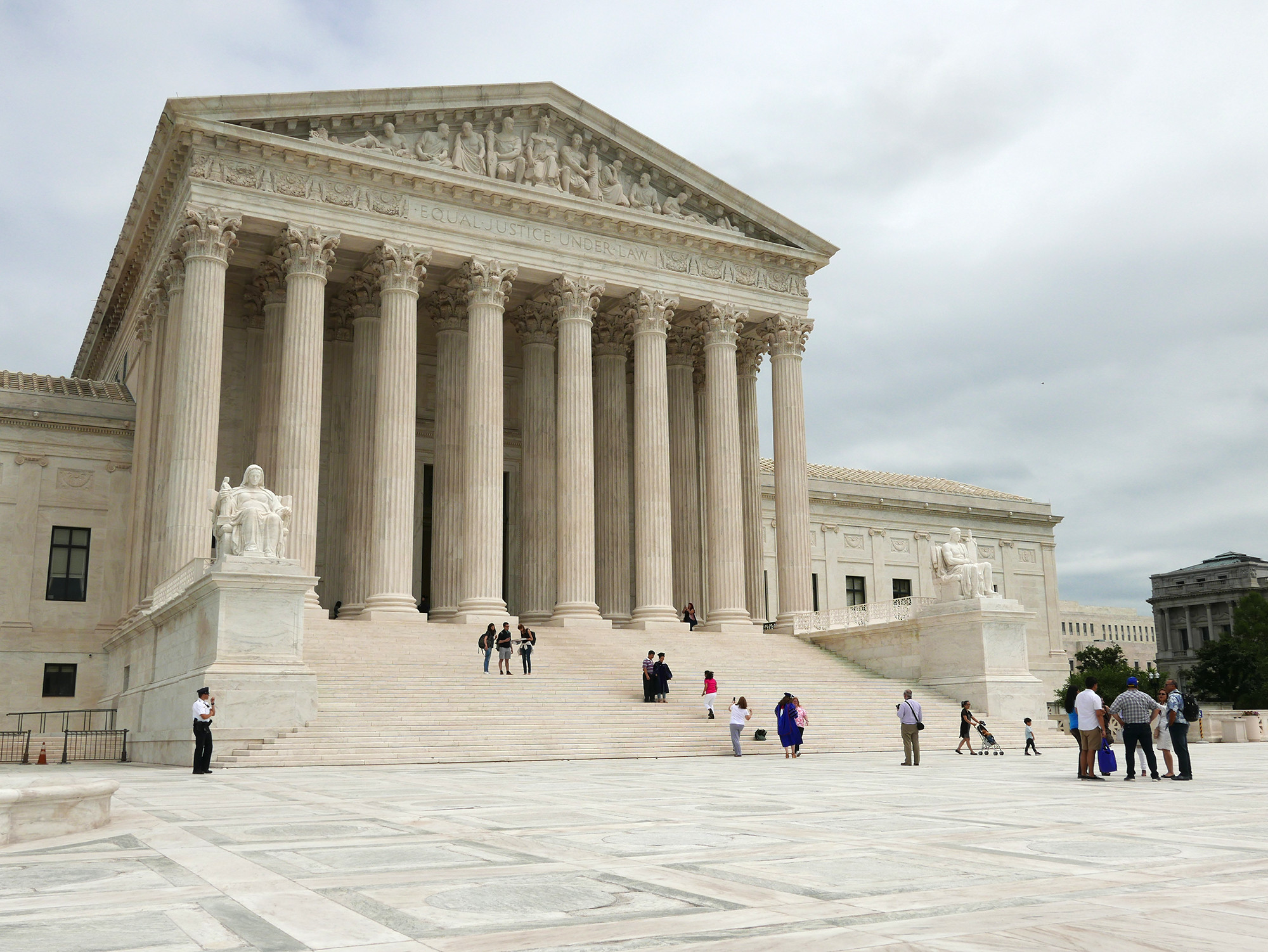Section 230 and the Supreme Court: Is Too Late Worse Than Never?
Why has it taken until now for a Supreme Court justice to pay attention to Section 230 of the Communications Decency Act?

Published by The Lawfare Institute
in Cooperation With

The Supreme Court recently denied a request to clarify the meaning of Section 230 of the Communications Decency Act of 1996, which, as interpreted by lower courts, immunizes internet platforms from liability for user conduct. But Justice Clarence Thomas wrote separately to explain why the views the current dominant interpretation of Section 230 to be overbroad, arguing that the Supreme Court should, at some point in the future, correct this mistake.
I'm of two minds as to Thomas's statement. On the one hand, I agree with his legal analysis that lower courts wrongly read far more expansive liability protections into the law than Congress intended. On the other hand, I'm frustrated: Why has it taken until now for a justice to pay attention to Section 230?
The law is nearly a quarter-century old, and Zeran v. American Online, Inc.—the opinion that began the practice of interpreting Section 230’s liability immunity widely—was decided only a year after Section 230 was enacted. Nor is Section 230 a minor provision with limited impact. Sometimes referred to as the “Magna Carta” of cyberspace, Section 230’s almost complete elimination of intermediary liability (at least under the Zeran doctrine) helped fuel the explosive growth of the internet and provided American tech companies with a competitive advantage over their European and Asian rivals. The provision is a major reason why the American technology giants have become, for better or worse, the world’s largest companies.
Ordinarily, it’s appropriate for the Supreme Court to step in and fix erroneous lower court interpretations of federal law. But the matter of Section 230 raises questions about the right path forward for the court. Whatever interpretative and policy criticisms can be leveled at Zeran, the decision has been the undisputed dominant reading of the law for more than two decades. The platform economy can legitimately claim a reliance interest in the stability of this foundational doctrine. The Supreme Court is, of course, not bound by lower court precedent, and it has made clear that its refusal to review a lower court opinion “imports no expression of opinion upon the merits of the case” and thus has no precedential force. But in practice, repeated denials of certiorari can reasonably be taken as evidence that the Supreme Court does not vigorously object to the behavior of lower courts, even if it does not entirely approve either. And where trillions of dollars of economic value depend on the lower court decisions in question, the Supreme Court should be sensitive to the real-world effects of overturning case law that has been in place for decades.
The history of the law likewise makes it a poor candidate for review by the Supreme Court. A case about Section 230 would necessarily require the justices to focus on what Congress intended when it passed the law in 1996. But today this is largely beside the point. Section 230 was passed as part of the larger Communications Decency Act of 1996, the main portions of which were quickly struck down. Although Section 230 remains good law, even an accurate interpretation of its provisions might not recover the broader intent of the Congress that enacted it.
And even that intent is not particularly helpful, given the profound changes that have occurred over the past 25 years. Congress passed the Communicatoins Decency Act because of panic over the widespread avaiability of internet pornography; Section 230 was an attempt to prevent this panic from imposing too much government regulation on a nascent and still-developing communicatoins medium. But the world looks very different today. The internet is the world’s central mode of communication—and the tech behemoths that run it are, in many ways, more powerful than the governments that try to regulate them. Concerns about pornography as the internet's main scourge seem quaint in an online world plagued by harassment, disinformation, radicalization and election interference.
The Zeran interpretation of Section 230 might need reform, or it might not. But this is ultimately a policy decision—implicating profound trade-offs regarding speech, safety and economic competitiveness—that should be made by Congress, not the courts. The question is therefore how the Supreme Court can best encourage congressional action. If the court follows Thomas’s suggestion to “clarify” Section 230, there is a risk that it could remove any incentive for Congress to make the hard decisions required by any recalibration of Section 230. Or, alternatively, a Supreme Court ruling that changed the status quo to favor plaintiffs over tech platform defendants could lead to frantic lobbying to codify the Zeran doctrine. Either way, any decision by the Supreme Court would create enormous uncertainty among lower courts, which would—at least under Thomas’s preferred reading of Section 230—have to figure out under what circumstances platforms should be held liable for knowingly distributing false, harmful or illegal content.
If Congress refuses to act, the Supreme Court might eventually have to step in—especially if some circuits reject the Zeran doctrine and create a split. But until then, Congress should be the prime mover in Section 230 reform. Hopefully, Thomas’s doubts about the current state of the law will prod the legislature to action.





